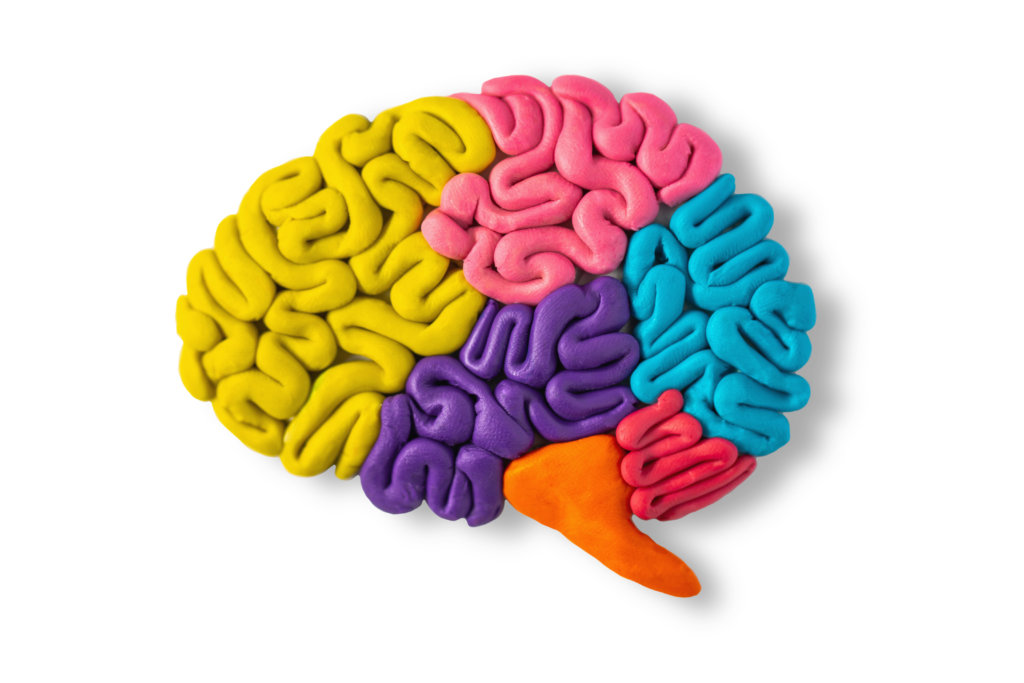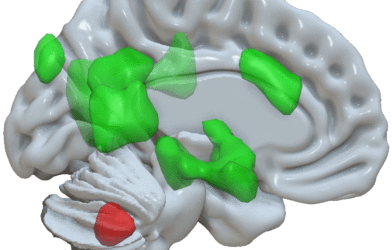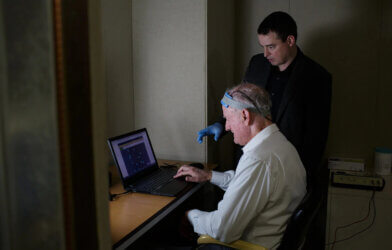It’s well-known that regular exercise not only keeps your body in shape, but your brain cells too. Now, scientists say working out can also keep your brain from shrinking. A recent study reveals that exercise keeps insulin and body mass index (BMI) levels steady, and in doing so, it may protect brain volume and reduce the risk of dementia.
“These results may help us to understand how physical activity affects brain health, which may guide us in developing strategies to prevent or delay age-related decline in memory and thinking skills,” says study author Géraldine Poisnel, PhD, of Inserm Research Center in France in a statement. “Older adults who are physically active gain cardiovascular benefits, which may result in greater structural brain integrity.”
People with dementia tend to have low levels of glucose metabolism. However, exercise and the metabolism of glucose were not affected by insulin or body mass index levels.
For the study, the team recruited 134 people around the age of 69 with no history of memory problems. All adults filled out a survey regarding their physical activity over the last year. Other information included BMI, insulin levels, cholesterol, and blood pressure. The researchers also scanned their brains to measure volume and glucose metabolism.
People who reported high physical activity had more gray matter volume compared to people with the least amount of physical activity. On average, the difference in volume was 550,000 cubic millimeters to 540,000 cubic millimeters. When looking at brain areas affected by Alzheimer’s disease they found similar results.
People with the most physical activity also had a higher average rate of glucose metabolism in the brain than those who did not exercise. “Maintaining a lower BMI through physical activity could help prevent disturbed insulin metabolism that is often seen in aging, thus promoting brain health,” Dr. Poisnel explains.
One limitation of the study is that people self-reported their physical activity levels which may be inaccurate or overestimated.
The study is published in Neurology, the medical journal of the American Academy of Neurology.












